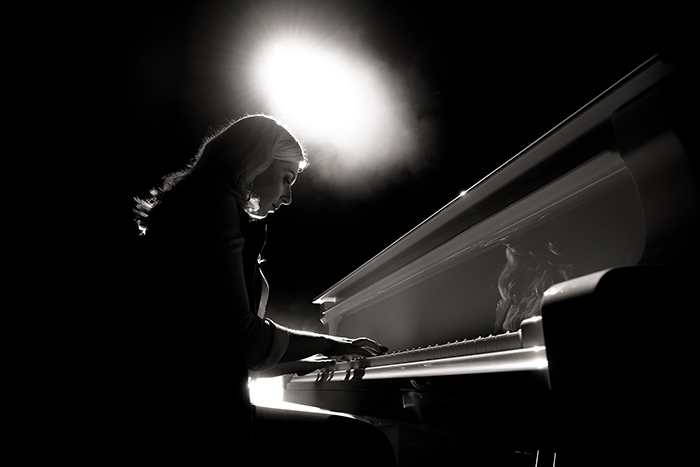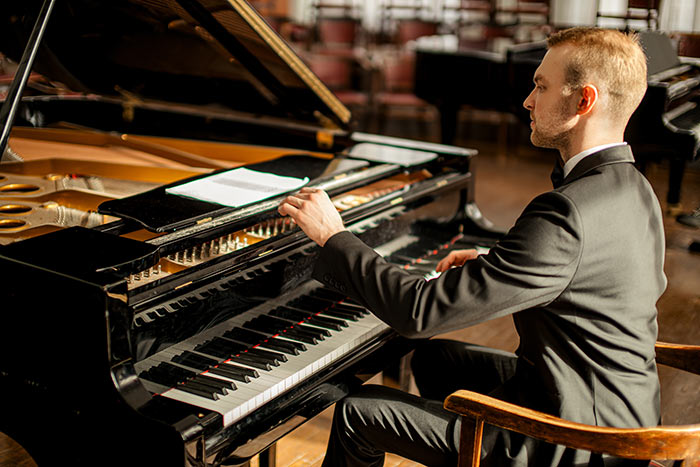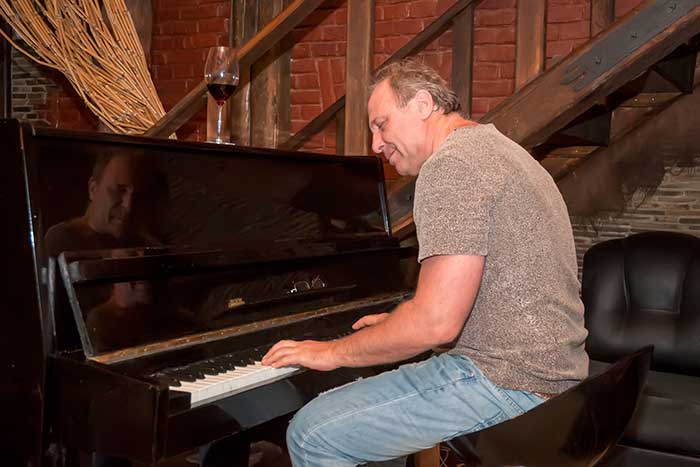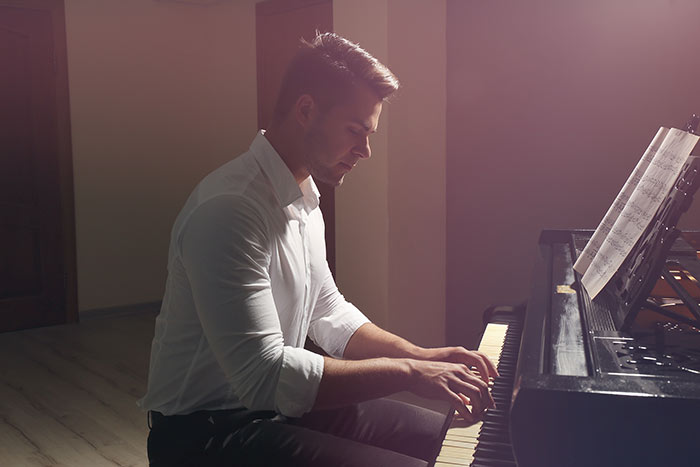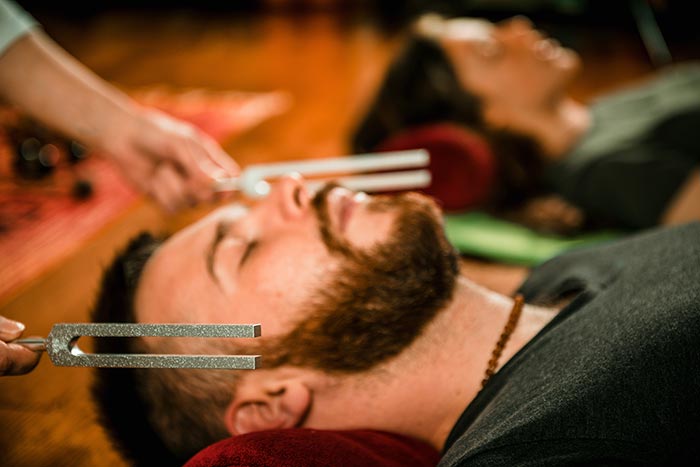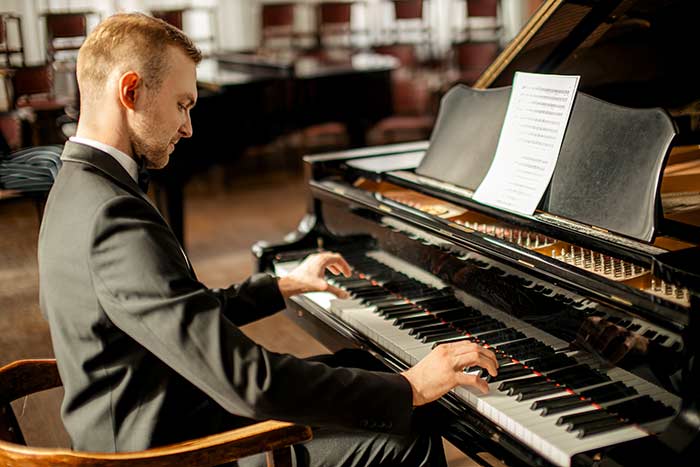Improvising on piano – Part 1
When we mention improvisation and composing to an averagely educated instrumentalist, both of these concepts sound scary, to say the least.
The problem with music education is that it focuses on the bare minimum so to say: it provides music literacy and basic knowledge of playing a specific instrument. It takes a long time to become a healthy-sounding performer- so it is no wonder that this is the case.
When we combine other activities in life; obligatory education, homework, commitments of all sorts – practising the piano every day seems plenty as it is.
The difference in the level of music understanding is evident when we compare children who grew up in a household focused on music (usually a musician parent or a grandparent), to those who rely only on their music sessions for their education.
Children with a more of a musical background are naturally more likely to develop deeper musical skills, they are exposed to more frequent music listening, they are more likely to practise better, having a professional supervising you is, of course, a great advantage.
For all the others – just attending your instrument lessons is simply not enough to understand music.
If we take a look at the way children learn any language for instance…
It is through imitation, making mistakes, repeating what they hear, and of course through games and playing with other children. It certainly is not through a factual reasoning, organising verbs, conjugations, adjectives and consciously worrying about structures.
e could easily call all this a form of learning through improvisation and composing.
It is the earliest form of trial & error and in the case of young children, it is an adult who provides feedback.
As we grow older, we learn to provide that feedback for ourselves as we get better in our respective skills.
One thing that comes with ageing is the sense of more responsibility.
Sometimes, this can prevent us from being free to make mistakes and experiment openly.
For example, let’s take an educated adult, 35-year-old, learning a new skill.
The chances of this individual being free to make 100s of mistakes publicly and openly are small.
Even though that would be a quicker way to learn – for instance with new languages etc.
We live in a society that doesn’t embrace failure as a part of success, and where end results count much more than stepping stones necessary to get to our goal.
In music, this could be detrimental. It is important, if not crucial (!) to experiment.
This is how all the music came to life.
I believe that there are so many reasons why it is important to improvise and compose.
Above all of them, it expands our knowledge, understanding, emotional depth and creativity in music.
It also strengthens our sense of assumption in music flow, our sense of music structures, it awakens an imaginative world inside us. It will also translate to other structures in other forms of art. So many structures in art repeat and reinvent themselves.
Below I would like to share a few ideas on how to start your improvising & composing journey. It would be fantastic if you could try as many different ways as possible – without any music scores!
Imitation: Try imitating a certain style.
Let’s say you heard a few Mozart Piano sonatas, and you decide to listen to a specific recording.
You can always go as general as you want: concluding which tonality we are in, what is the time signature of the piece, trying to sing exactly what you hear.
You can also try to hear a few bars, stop the recording and try to continue your own material.
This can be a very small unit – let’s say two bars.
It won’t feel natural immediately and in fact, won’t be beautiful either but very soon it will feel so easy and the quality will develop.
You could try this with any song or piece. Some jazz classics such as “Autumn Leaves” could be a great start.
It is a song that we all know, that has a somewhat predictable harmonic progression but is so brilliant that it leaves enough space for everyone to find their own language and expression.
Simply imitate what you hear, and try finding it on the keyboard.
A good start would be just to play the melody with your right hand. I find that working “in layers” helps.
That means, listening to a small phrase once, trying to play as much as you can, then repeating… eventually you will pick up quite a lot of what you heard.
I would leave the left hand for the 2nd step of your imitation, but of course, this is optional!
I could have titled this article “Learning through imitating & inventing” and all of this would still apply!
In Part 2 of the article, we will discuss more ways to improvise & compose.
I hope you will have some great benefits from trying to think both inside and outside of structures!
Listening to a lot of music is essential, but so it is to be creative and have your own ideas expressed.





